The Australian government has just passed one of the world's toughest social media bans for children under 16. The ban will come into effect at the end of 2025. Many countries around the world, especially in Europe, and technology companies have come up with solutions to manage children's access to social media.
Australia: Tech company fined up to AU $ 50 million (800 billion VND)
New laws force tech giants to block minors from logging into social networks or face staggering fines of up to AUD50 million (VND800 billion).
Prime Minister Anthony Albanese said the law was necessary to protect children from the harmful effects of social media, something parents’ groups have repeatedly complained about. But critics say questions about how the ban will work – and its impact on privacy and social connection – remain unanswered.
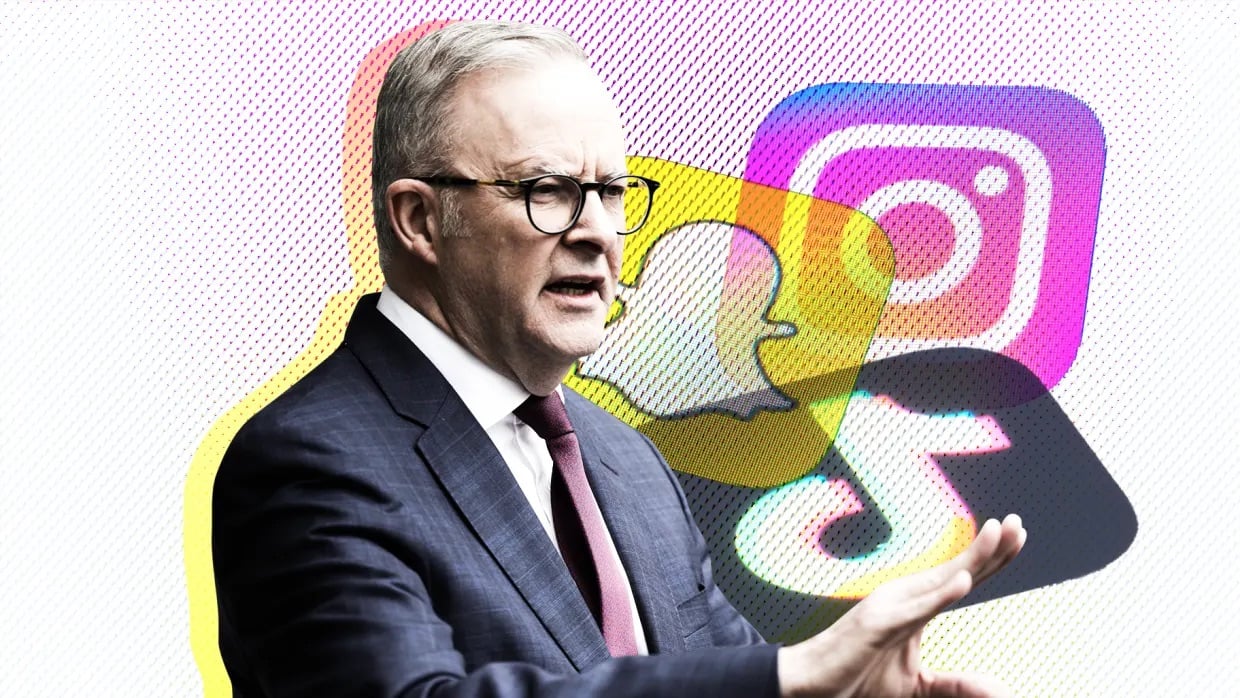
Australian Prime Minister Anthony Albanese said laws banning social media use by children under 16 were necessary to protect children.
Photo: Sydney Morning Herald
Australian Communications Minister Michelle Rowland said the ban would include Snapchat, TikTok, Facebook, Instagram and X. Gaming and messaging platforms, as well as sites that can be accessed without an account, such as YouTube, would likely not be affected.
The government will rely on age verification technology to enforce these restrictions, and several methods will be tested in the coming months. Tech companies responsible for adding to these processes.
Polls show a majority of Australian parents support the ban, but many experts say it is too “brutal” a tool to effectively address the risks associated with social media use and warn it could push children into less regulated corners of the internet.
Google, Snapchat, Meta and TikTok said the ban was vague and not detailed enough. While X questioned the “legality” of the bill – arguing it may not be consistent with international regulations and human rights treaties Australia has signed up to.
However, the Australian Prime Minister has remained steadfast in his stance, saying: "We don't think it will be perfect, just like the ban on alcohol for under-18s doesn't mean under-18s will never drink alcohol, but we know it's the right thing to do."
Tech companies' own rules
Social media platforms including TikTok, Facebook and Snapchat set the minimum age for registration at 13. However, child protection organisations say controls are not strict enough and official data in some European countries shows that many children under 13 have social media accounts.
UK : Strict standards for social media platforms
There are currently no plans in the UK for Australian-style restrictions. However, Digital Minister Peter Kyle said everything was being considered when it came to keeping people safe online. The government has launched a study to explore the impact of smartphone and social media use, particularly on children.
Britain is prioritising design, transparency and accountability for tech companies when the Online Safety Act comes into effect next year. The law, which will be passed in 2023, sets tougher standards for social media platforms like Facebook, YouTube and TikTok – including age-appropriateness restrictions.
Norway : Raising the age for using social networks to 15
The Norwegian government last month proposed raising the age at which children can consent to mandatory social media terms to 15 from the current 13, although parents would still be allowed to sign on behalf of their children if they were under the age limit. The government also said it had begun drafting legislation to set a legal minimum age for social media use, but it is unclear when such a mandatory law might reach parliament.
According to the government, half of 9-year-olds in Norway use some form of social media.
France : Proposal to ban internet-connected phones for children under 13
France passed a law in 2023 requiring social platforms to obtain parental consent for minors under 15 to create accounts, but local media reported that the order has yet to be implemented due to technical challenges.
In April, a panel commissioned by President Emmanuel Macron proposed stricter rules, including banning mobile phones for children under 11 and internet-enabled phones for those under 13. But it is unclear when the law might be passed and to what extent it would follow expert recommendations.
The European Union requires parental consent to process personal data on children under 16, although member states can individually lower that limit to 13. But France is now likely to persuade the EU to come up with a bloc-wide solution.

Children use smartphones and surf social networks more and more commonly.
Germany, Belgium, Italy: Many measures to limit the age of using social networks
Legally, minors between the ages of 13 and 16 are only allowed to use social media in Germany with parental consent. The government currently has no plans to go further. However, child protection organizations say the legal controls are inadequate and are calling on authorities to better enforce the current regulations.
The law in Italy is stricter, children under 14 need parental consent to register a social media account, from that age onwards parental consent is not required.
In 2018, Belgium passed a law requiring children to be 13 years or older to create social media accounts without parental permission.
Netherlands: Ban mobile devices in classrooms
While the Netherlands does not have any laws regarding the minimum age for social media use, the government has banned mobile devices in classrooms from January 2024 to reduce distractions. Exceptions are made for digital lessons, medical needs or disabilities.
A similar Australian law in the US state of Utah has been struck down by a federal judge as unconstitutional. A total ban on children under 14 in Florida is being challenged in court as violating free speech.
Source: https://thanhnien.vn/cac-nuoc-lam-gi-de-kiem-soat-viec-truy-cap-mang-xa-hoi-cua-tre-em-185241203102234877.htm


![[Photo] Buddha's Birthday 2025: Honoring the message of love, wisdom, and tolerance](https://vphoto.vietnam.vn/thumb/1200x675/vietnam/resource/IMAGE/2025/5/12/8cd2a70beb264374b41fc5d36add6c3d)
![[Photo] Prime Minister Pham Minh Chinh starts construction of vital highway through Thai Binh and Nam Dinh](https://vphoto.vietnam.vn/thumb/1200x675/vietnam/resource/IMAGE/2025/5/12/52d98584ccea4c8dbf7c7f7484433af5)


![[Photo] Prime Minister Pham Minh Chinh works with the Standing Committee of Thai Binh Provincial Party Committee](https://vphoto.vietnam.vn/thumb/1200x675/vietnam/resource/IMAGE/2025/5/12/f514ab990c544e05a446f77bba59c7d1)










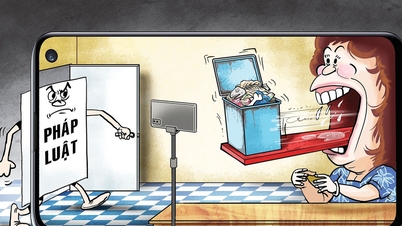

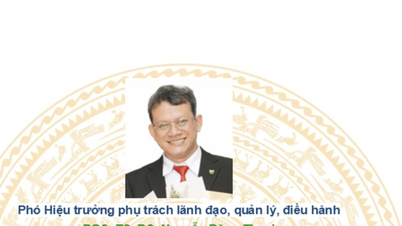












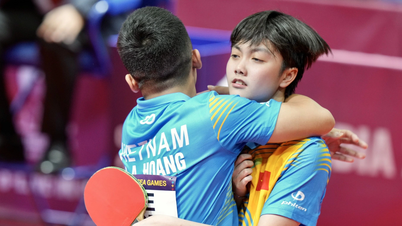





















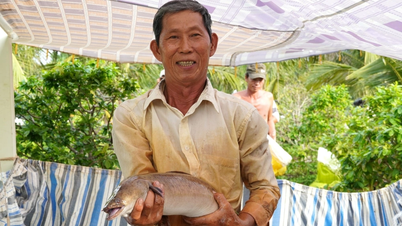











































Comment (0)